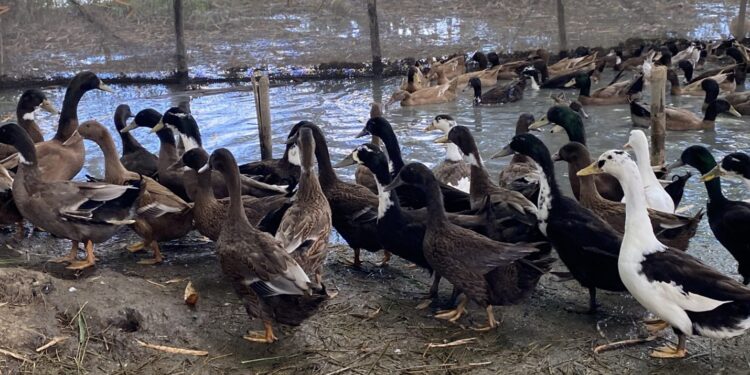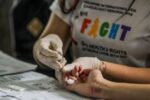DA says Bataan now bird flu-free

The Department of Agriculture announced that the province of Bataan free from highly pathogenic avian influenza (HPAI).
Agriculture Secretary Francisco Tiu Laurel Jr. issued Memorandum Order No. 31 officially declaring Bataan as bird flu-free after recent surveillance activities “demonstrated the absence of infection.”
Laurel said surveillance efforts included blood sampling and virus testing among domestic bird populations.
While Bataan is now declared avian influenza-free, the Agriculture Department said that the status may be revoked if new confirmed cases emerge.
“This declaration restores confidence in Bataan’s poultry sector and supports our long-term goal of securing food supply through science-based animal health policies,” said Tiu Laurel.
Bird flu remains one of the most economically disruptive animal diseases, particularly for the poultry sector, which is a cornerstone of rural livelihoods and domestic food security, according to the DA.
The H5N1 subtype is especially concerning due to its zoonotic potential—the capacity to infect humans and other animal species, making it a public health concern as well.
Bataan first reported HPAI subtype H5N1 cases in 2022, which were temporarily resolved before new outbreaks reemerged in 2023—notably in duck farms in Pilar (April) and Balanga City (November).
In May 2024, a quail farm in Hermosa was also affected.
The provincial government, in coordination with the DA and the Bureau of Animal Industry (BAI), implemented strict disease control protocols including stamping out, quarantine measures, and disinfection of infected areas.
Highlighting the significance of declaring Bataan as bird flu-free, the DA said that, in 2024, the province produced 46,477 metric tons of poultry products, up 22% from the previous year, driven by increased chicken and egg output.
Bataan also accounts for 1.6% of national poultry production by volume, according to the Philippine Statistics Authority.
The DA said it will continue to work closely with local governments and industry stakeholders to maintain biosecurity, support surveillance programs, and prevent future outbreaks.






